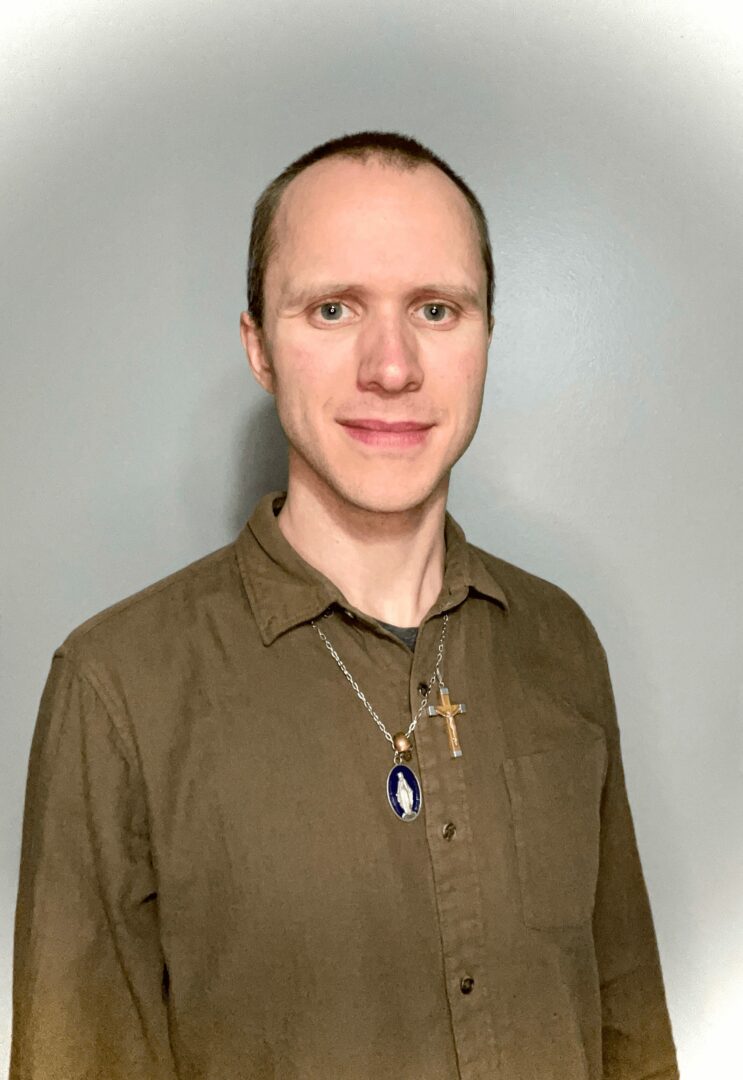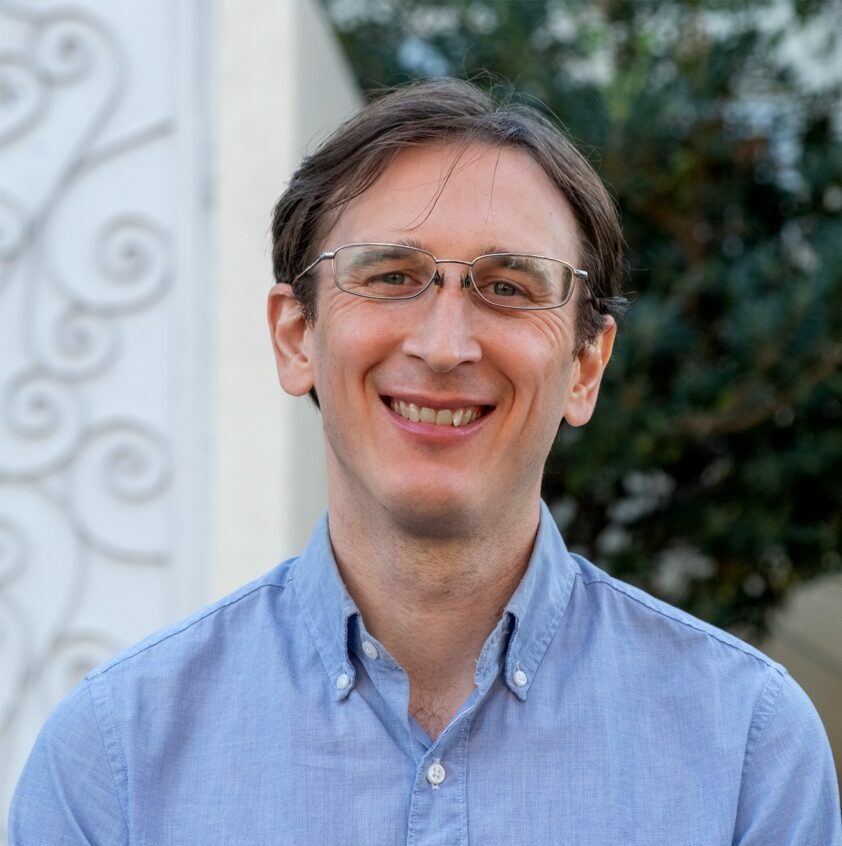We recently connected with James McPheeters and have shared our conversation below.
Hi James, really happy you were able to join us today and we’re looking forward to sharing your story and insights with our readers. Let’s start with the heart of it all – purpose. How did you find your purpose?
I’ve lately been hearing or reading the phrase, “living your best life.” I understand, I think, why this phrase is popular. I spent years struggling with depression and still endure anxiety. There are often lies we believe about ourselves that keep us from becoming who we are meant to be. But I think the phrase contains a major flaw. It has to me a connotation of self-centered, excessively individualistic, self-determinism. It seems to say, “I’d better get to live the life I want to live, and you had better not stop me.” We probably know someone who listens to unhelpful naysayers (they may even be the naysayer they themselves listen to). But I think we all know someone who ought to listen to more constructive criticism. Anyone who doesn’t know that person, should take a good look in the mirror to be sure they aren’t that person. After years of living selfishly under the weight of depression, I tried to get out by rebelling against the “naysayers” and doing what I wanted for a change. It should be no surprise that it turned out much worse. Anyone with any real life experience knows that humans are pretty terrible at determining what is best for them. We often get what we want, but we don’t always like it in the end.
I recently heard a video essayist (Pilgrims Pass) put it better: It’s not about “living your best life; it’s about doing your best *in* your life.” My problem has been, and still is, that I put my identity in what I do. But putting one’s identity in anything that cannot last or is imperfect is foolish. Accomplishments fade, people fail and even the best of us die. You can’t take it with you, after all. My identity, I’ve come to learn, is being an adopted son of God through Baptism. Those who have children know: You don’t love your child because they’re a “high performance kid” (or else why would we love infants who are remarkably needy?). You love them because they’re your child. Nothing can change that. Living from the truth that God looks at me and sees his dearly beloved son, in whom He is well pleased, my purpose flows from that. Even though I still have a lot of pride (that is, I put my identity in things other than God’s love, such as putting it in my accomplishments), I am learning daily to view it a different way. My loving Father has given me so many gifts! To be able to teach, write, and encourage and lead others. Why would I not use them? By undertaking the challenges He sets out for me, which He goes through with me as I follow Him, life becomes an adventure, in which I cultivate my gifts through challenges and trials of patience, and in which I can continually use my gifts to help others. And of course, it really is a wonderful adventure with so many interesting people to meet and journey with, to serve and love and be loved by.
My primary purpose, then, is to *be* my Father’s son, to become the man and friend of God He wants me to become. From that comes my second mission, to spread His Gospel to others through friendship, good conversation, prayer, and sacrifice. But this flows into every aspect of my life. When I work as a self-defense instructor, I teach others to protect themselves. They become more physically healthy. My students gain courage and tenacity that helps them in other areas of their lives. I can be a good mentor and leader to the kids in my classes. Though I’m not explicitly talking about Christ in my classes, I am still serving and loving my neighbor. Moreover, health is important, our bodies are to be honored, and after Baptism they become temples of the Holy Spirit of God. My own efforts to become an expert at self-defense give me the skills to protect others as well as myself. Though I hope I don’t neglect opportunities to tell others explicitly of Christ and His Gospel, that is only one way my mission is accomplished. It is also accomplished in part by serving others with the gifts God has given me. By finding the place where society’s needs and my gifts and desires meet, and by listening to Christ, I can find where I can best cultivate and use my gifts.
This is why my school is named after Blessed Imelda Lambertini. Her name means “mighty warrior” or “consuming battle.” But she lived a short life, dying at age 12, and in her life she was devoted entirely to Jesus and lived in humble service of others. She had great love, and did not seek to do anything for show. She simply followed where Christ led, giving Him all of her heart and loving others with the love He gave her. Her purpose was His purpose. Her mission was His great commission, given to the whole Church. I cannot think of a greater purpose than that.
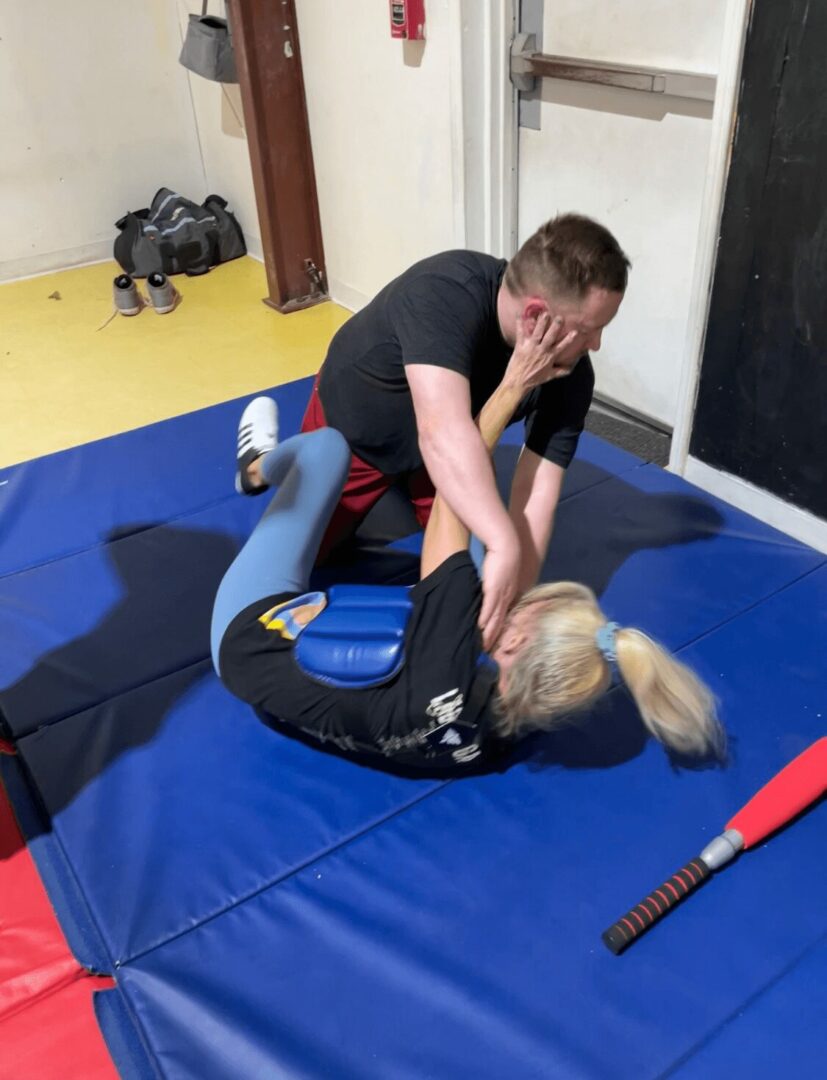
Thanks for sharing that. So, before we get any further into our conversation, can you tell our readers a bit about yourself and what you’re working on?
I am the owner and instructor at Imelda Martial Arts & Krav Maga, a martial arts school where we train in Krav Maga, the Israeli self-defense system that is still used by the Israeli Defense Forces today. There are a lot of martial arts schools in the KC area (which is awesome!), but only a few that teach Krav Maga. I love what we get to offer the community, because Krav Maga is based on practical techniques designed to work in real, live, and dynamic situations, under stress, surprise, or positions of disadvantage or against larger opponents. We talk about principles and tactics to help our students go home safe and avoid getting into violent situations in the first place. We test the defenses under stress or fatigue to ensure they can perform them even when they aren’t prepared, so they can walk out of class with confidence. Our goal, as the founder of Krav Maga put it, is “so one may walk in peace.” We have classes for kids (ages 5-12) and teens and adults, and I’ve seen people from all walks of life and levels of fitness or athleticism improve their confidence, peace of mind, coordination, and fitness, and have a blast while doing it! In the kids classes we also have monthly homework on virtues and on self-protection knowledge that helps them grow into leaders, not followers.
We currently have a 2-week trial for $14! We also have a FREE gun defense workshop, open to the community (ages 13+, minors need an adult present), on Friday, July 26th from 6:30-7:30pm. We’ll train to gain greater situational awareness, learn about types of violent threats, and practice defending against an armed assailant, giving you the skills necessary to keep yourself and your loved ones safe! Anyone interested can use this link to look at the details and register! https://cp.mystudio.io/e/?=ImeldaKravMaga/11036/489572//1719704827
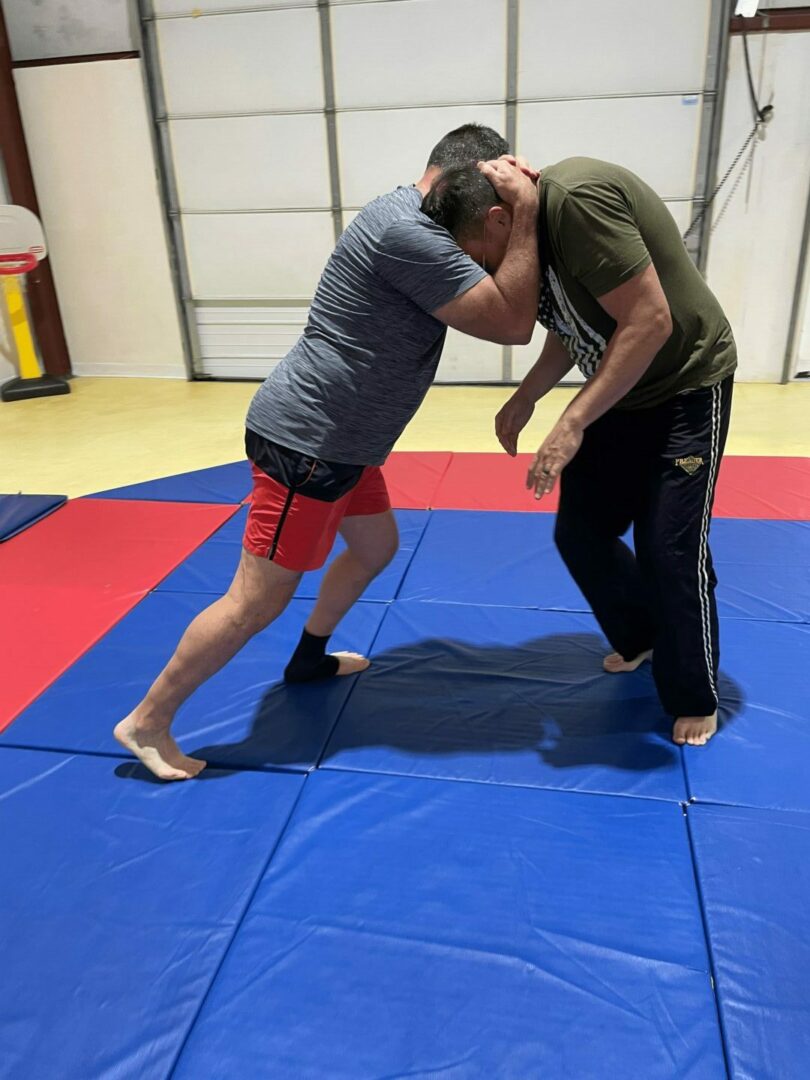
If you had to pick three qualities that are most important to develop, which three would you say matter most?
I’d say I’m pretty early on my journey, but one of the most important skills has been the ability to create a good class plan. I’m a big fan of being able to come up with a plan on the fly and adapt, but you can only do that when you know what you’re teaching in and out, through and through. I mean more than the ability to just recite your class plan, but knowing what it is, why it’s laid out the way it is, and knowing the how and why of every part of it. That’s essential for any teacher or instructor. I’m still improving in this area, and always will. But I learned it from my instructor Mark Taylor, who never shied away from a good “why” question, and who has always been improving his own knowledge. Two more practical ways I’ve improved on this are by reading The Seven Laws of Teaching by John Milton Gregory—extremely short, excellent book, should be required for all teachers and recommended to parents—and by taking time at the end of each day (and, more thoroughly, every 2-4 weeks) to evaluate what went well in my classes, what went poorly, and why. It’s easy to blame others, but as a teacher the blame is pretty much always on me if students didn’t learn. In a way, it really is always on me. The student might be belligerent, but isn’t it my job to teach those people? It’s easy to teach someone who wants to learn—they do most of the work for you. But I should be able to teach anyone on my mat. Though I’m talking about martial arts, I think the above would be helpful for anyone, especially anyone wanting to teach, coach, or instruct in some regard. Learning from mistakes goes with anything.
The second quality I already mentioned, and that’s a circle of good counselors—from various business owners to other martial arts school instructors/owners to good friends and family who know me well. We hear a lot about never listening to “nay-sayers.” But that’s ridiculous. You might be about to do something stupid. That’s why we need a circle of good counselors. Bad ones, of course, could be worse than none at all.
The third skill or quality is the virtue of prudence. God knows I am really working on this one still. But prudence, as understood in classical philosophy, involves 4 steps: gather information, deliberate, decide, and act. And once you’ve acted, don’t look back, unless new and relevant information comes up. The fact that it’s hard isn’t relevant information, though it might be new for you. Whether you tend to look before you leap and skip the first few steps, or you “set your hand to the plow and look back,” this virtue is essential for living a good life, not just running a business.
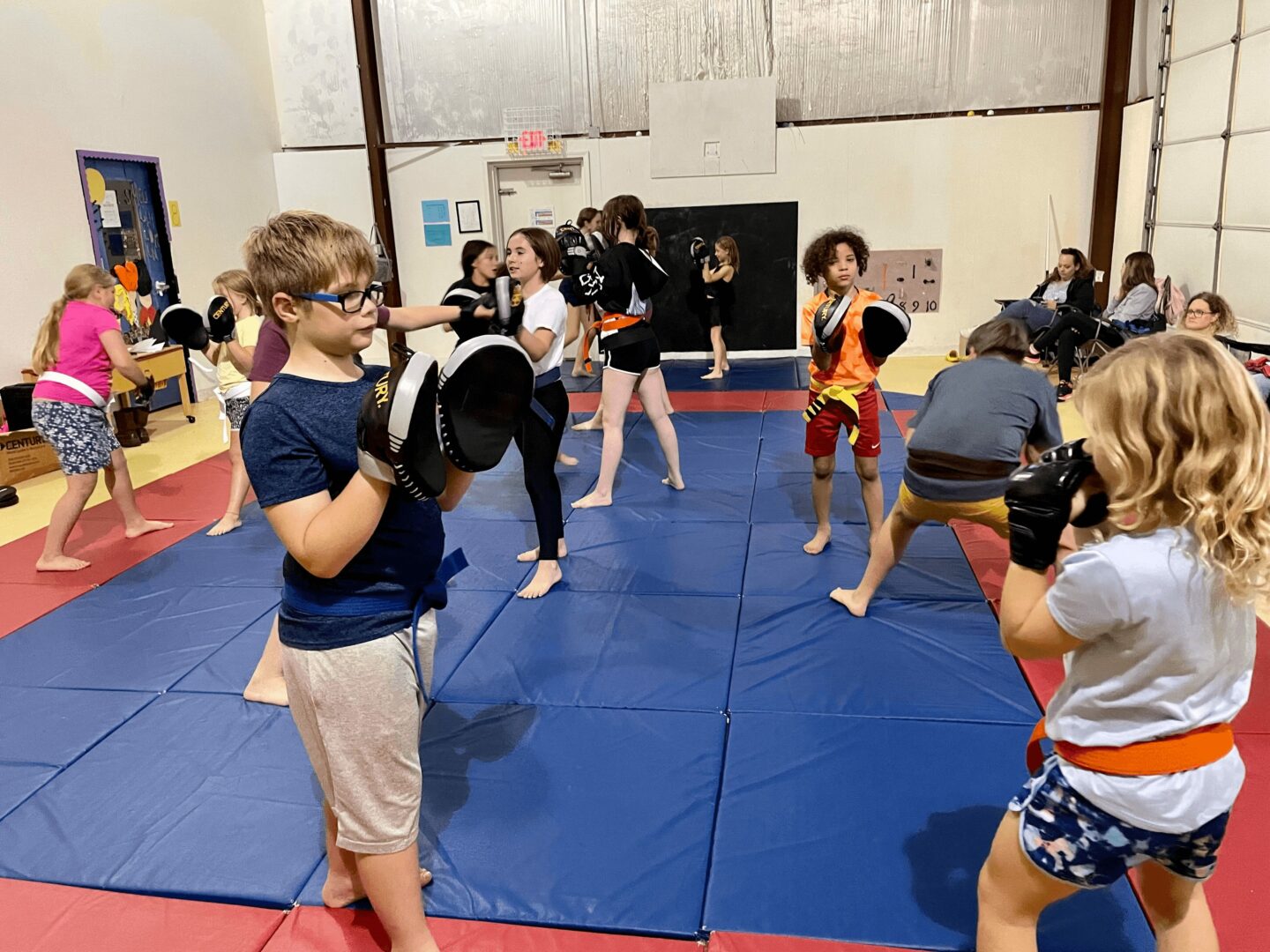
Awesome, really appreciate you opening up with us today and before we close maybe you can share a book recommendation with us. Has there been a book that’s been impactful in your growth and development?
I already mentioned The Seven Laws of Teaching by John Milton Gregory elsewhere, but I really enjoyed it and learned a lot. At the end of each chapter, each of which is on one of the “laws,” Gregory lists out some common do’s and don’t’s for teachers. Here are a few:
“Bear in mind that complete mastery of a few things is better than an ineffective smattering of many.”
“Since attention follows interest, it is folly to attempt to gain attention without first stimulating interest.”
“Never begin a class exercise until the attention of the class has been secured. Study for a moment the faces of the pupils to see if they are all mentally, as well as bodily, present.”
“Pause whenever the attention is interrupted or lost, and wait until it is completely regained.”
“Prepare BEFOREHAND thought-provoking questions. Be sure that these are not beyond the ages and attainments of your pupils.”
“Maintain and exhibit in yourself the closest attention to and most genuine interest in the lesson. True enthusiasm is contagious.”
There are many more, but I still use these principles and tactics to help teach. Given that this was written back in the days of one-room school houses, anyone who thinks they can’t do these due to their students, is, I think, mistaken. Have you tried keeping a school room with ages 7 to 16 in one room, and dividing up lessons for each grade within that? Although I think screens have likely made it harder.
Contact Info:
- Website: https://www.imeldakravmaga.com
- Instagram: https://www.instagram.com/imeldamartialarts/
- Facebook: https://www.facebook.com/profile.php?id=61550468483669
- Linkedin: https://www.linkedin.com/in/benjamin-mcpheeters
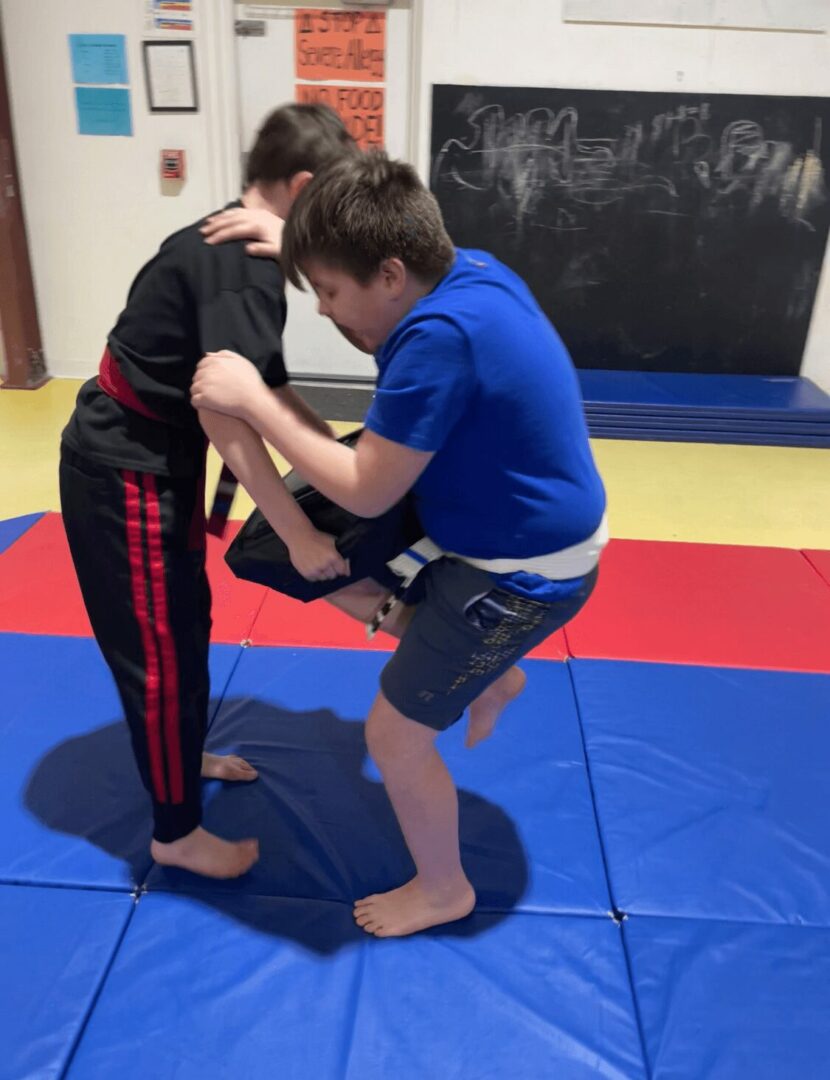
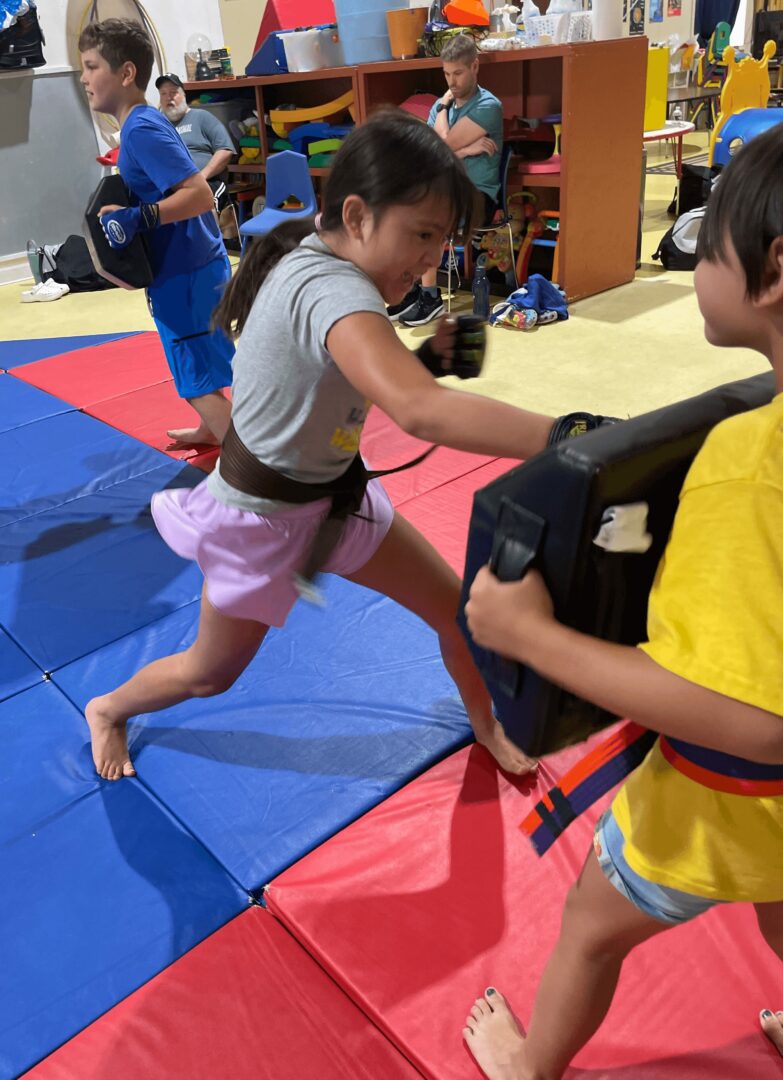
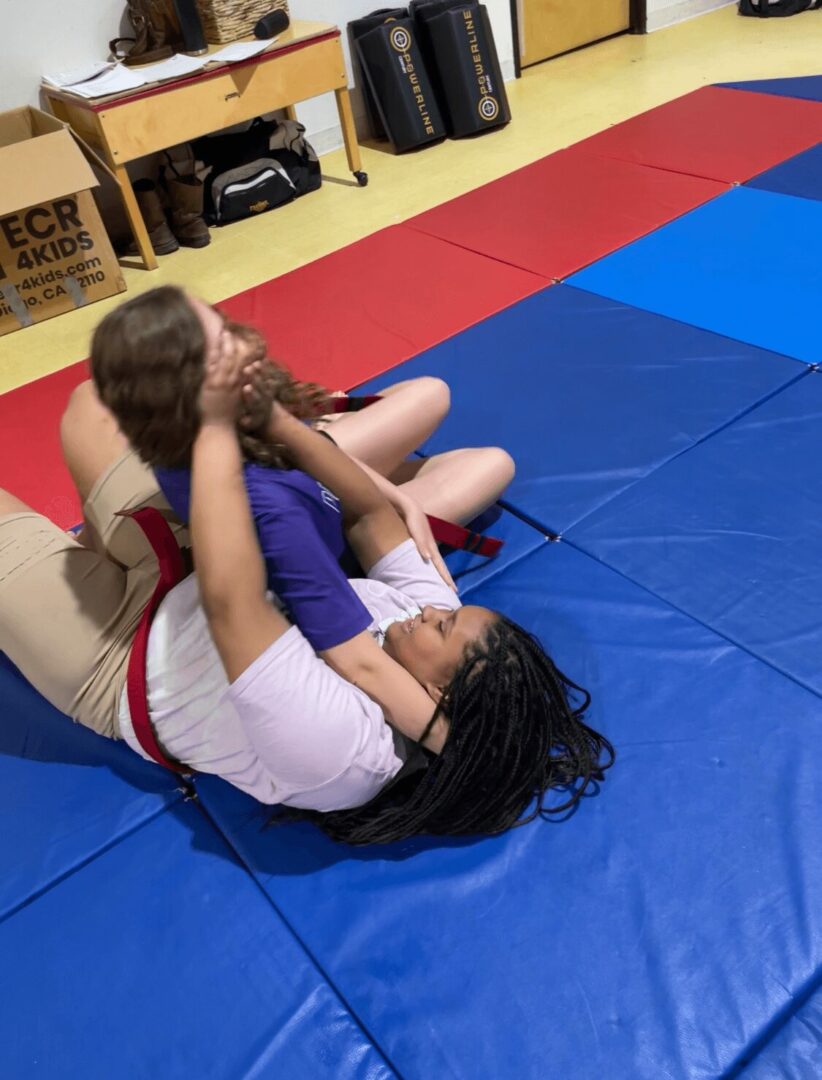
so if you or someone you know deserves recognition please let us know here.

